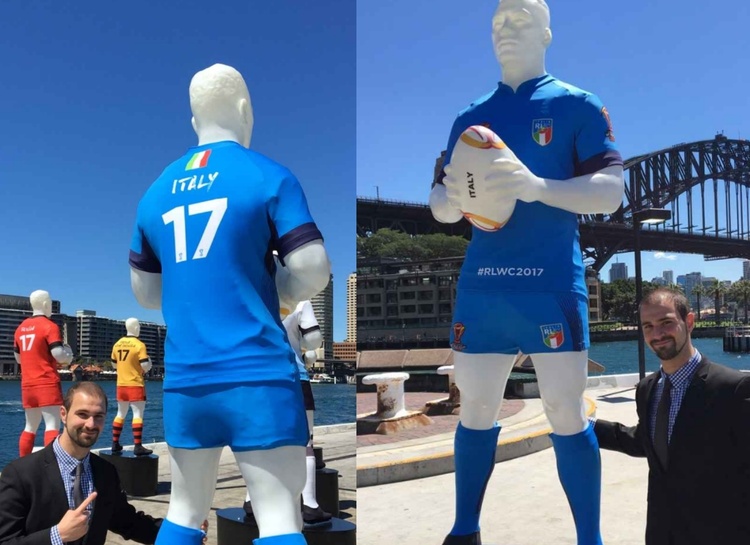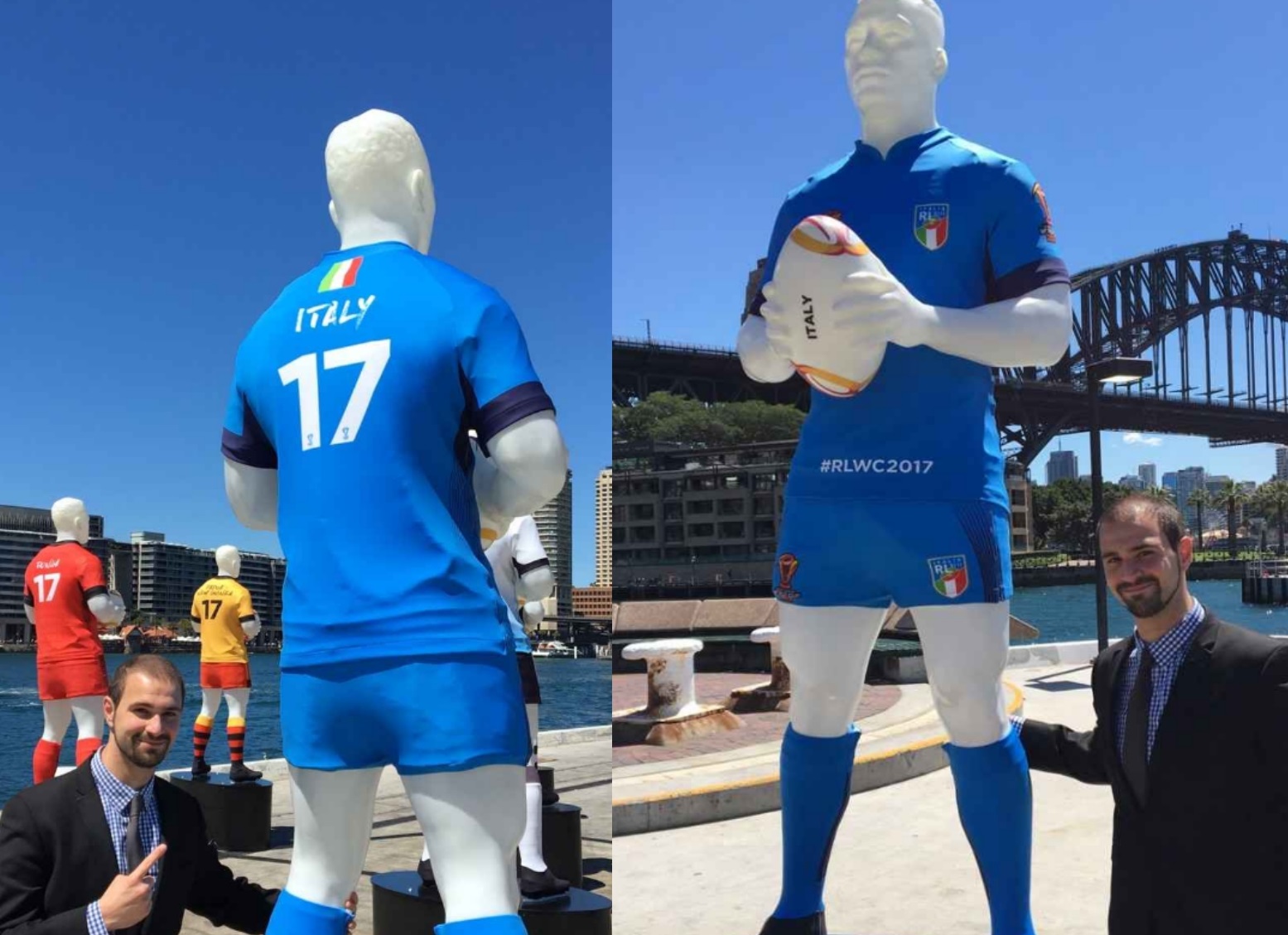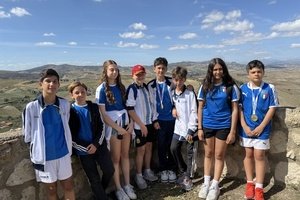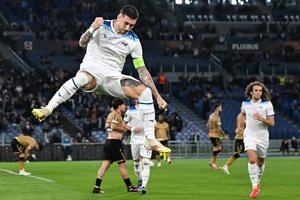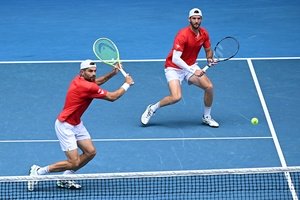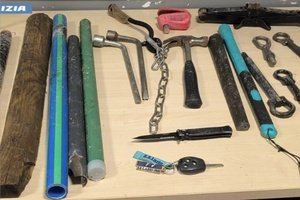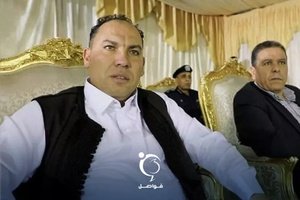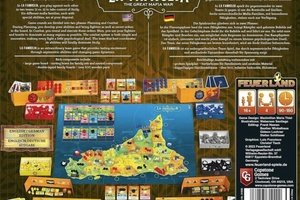It was July 9, 2006, and Italy had just secured its fourth Football World Cup in a dramatic penalty shoot-out against fellow heavyweights, France. The thousands of loud Italian fans all huddled together in south-western Sydney’s Club Marconi had just experienced euphoric scenes and total pandemonium!
Whilst this occasion was celebrating the national success (key word being "national") of the Italian football team, I immediately thought, “Wow, how good is this? How good is it to see these people of my heritage all bonded together, celebrating this unforgettable and special moment with so much passion?!” It reinforced my pride to be of Italian descent.
Having been born and raised in south-west Sydney, significant multicultural influence was unavoidable; it was natural, and most importantly, it was one of the best things to help shape my coming of age. As it turned out, I was fortunate enough to have grown up with a large Italian network outside of la famiglia (the family), which led to many positive memories, and a shared, mutual connection back to the “mother country”.
Being an Italo-Australian growing up in the “west” was lots of fun, given our strong presence across the community. Whether it be the food we could cook (or simply eat in my case), the cars we built (or admired like I did), the fashion we inspired (unfortunately this doesn’t flow through to me), or the famous actors that we produced (I think all of us Italians have a claim here), being of Italian heritage definitely had its benefits.
If I were to ask some friends and family to describe Italians in a word, I am confident that they would say we are “passionate”. Whilst this is well and truly accurate, one thing that probably doesn’t get highlighted as much, and I believe is a strong cultural trait amongst us, is our ability to be highly competitive and strategic thinkers. A very simple example of this is the Italian national football team. The perception is that the Italian style of football is too conservative or defensive. In fact, the opposing side suggests that the Italian football philosophy is highly tactical, which unfortunately opens itself up to lazy misjudgement.
A few months ago, I was asked to be a Community Ambassador on behalf of the Federazione Italiana Rugby League (FIRL) for this year’s Rugby League World Cup (RLWC). Without thinking about it, or even understanding what the role entailed, I immediately accepted this prestigious honorary position. To be able to have the golden opportunity to help my heritage nation raise its profile among my community and broader network through the vehicle of the “greatest game of all” was, as we Italians might call it, “an offer too good to refuse”.
For some background, the Italian presence and influence within the world’s premier rugby league competition (the National Rugby League (NRL)) has been considerable, and more importantly from my perspective, continues to grow. As a youngster tuning in each week watching the game, I would always take great pride in seeing an Italian being represented, right from the early days of players such as Craig Salvatori, Greg Florimo, Craig Gower, Luke Davico, David Penna, Tony Grimaldi, Anthony Laffranchi, Anthony and Mark Minichello and many others. Among family and friends, every time an Italian player was featuring, there would always be an extra interest in their performance and hope that they played “out of their skin” just so you could feel proud and tell your broader network about how good your Italian star played. To be able to associate yourself with a fellow countryman who possesses the typical attributes of the elite rugby league player - being, tough, skilled and committed to the team - was something that inspired us. Having culturally-connected sporting role models acted as a strong motivator to excel to the best of our abilities, even if our destinies lay outside of the professional rugby league arena.
In my family, rugby league was “the” sport and common talking point, which is unusual given football (soccer) is generally considered a quasi-religion followed and preached by the majority of Italians. In an Italian household, a “discussion” was not conducted in the traditional sense of mere verbal exchanges. More often than not, our discussions involved the profound use of both hands in addition to effective verbal “tone” and “body language” to convey a message. Memories of the family conversations regarding the game were intense, passionate, challenging, insightful and very much stimulating. When I think back to when I was a child and teenager, I was very fortunate to grow up with family who were highly interested in the game in its entirety, and as a result, I became a “product of my environment”. Without their influence, my passion and understanding of the game would not be as strong.
When the 1995 Coca Cola World Sevens tournament was held in Sydney - my first real memory of Italians involved in “the greatest game of all” - the rugby league community was given a glimpse of what would be a slow but steadily increasing influence and participation of Italians within future global rugby league competitions.
In 2013, Italy participated in the Rugby League World Cup for the very first time. It was a special occasion for many people involved who contributed significantly in getting the side to that landmark moment. Following their performance in that campaign, it was safe to say that the players earned themselves many supporters and generated plenty of excitement of what Italy could bring to the game of rugby league.
In terms of this year’s RLWC, there are high expectations of the Italians, manifested both internally and from the general rugby league community, to go further than their maiden appearance in 2013. With high-profile NRL players such as James Tedesco, Paul Vaughan, Nathan Brown, Daniel Alvaro, English Super League’s Mark Minichello (Captain) and Shannon Wakeman, former NRL star Terry Campese, dual-international Mirco Bergamasco, among other quality players from the QLD and NSW cup, and the NRL NYC competition, as well as being coached by Cameron Ciraldo and assisted by Anthony Minichello, a successful navigation out of the group is seen as a strong possibility.
The challenge in developing and growing the game internationally has been well documented over the years, especially in regions where other sports reign supreme. This challenge has been further compounded in recent times following the decision by Global Association of International Sports Federations (GAISF) to not classify Rugby League as an international sport. However, tournaments such as the RLWC create a tremendous opportunity to showcase not only the superstars that play the game, but how the game celebrates all people who participate, and, the inclusive nature of the wider rugby league community. Hopefully representatives of GAISF take some time to watch the wonderful spectacle that is RLWC and reconsider its stance!
I would like to remind all Italians and each nationality participating at the RLWC (both those able to attend the games, as well as those watching from afar), that regardless of your interest in rugby league, the tournament represents the perfect occasion to celebrate your culture and be proud of your country. Rugby league may be the vehicle, but ultimately your nation is the one behind the wheel. Therefore, it’s up to you and me to help navigate the drivers on their journeys. If we get behind our respective countries in the right spirit, the road trip will be long with many great lasting memories.
Here’s hoping both Italy and the overall tournament itself prove to be a huge success! I think with the extensive experience of the RLWC Board and Executive, along with the financial investment into the promotion and organisation of this marquee event, this will be the best Rugby League World Cup to date!
The ambassador journey so far has been highly rewarding in terms of the amazing people I have been privileged enough to meet and work with, including the other Community Ambassadors, the dedicated individuals from within FIRL, the playing and management group, RLWC Community Partner - Red Elephant Group, and the various rugby league clubs represented.
Further, it has been really pleasing to see the genuine excitement of those from within the broader Italian community about getting behind the squad. This excitement was most evident at the official FIRL launch function held at Sydney’s Doltone House on Thursday, October 12. On this night, approximately 850 people gathered to show their support for the FIRL squad. It was an absolutely fantastic evening with lots of memorable highlights. Once the tournament comes to an end, I’ll reflect on this night with a proud smile knowing I was a part of something special.
The collective effort of everyone involved in the preparation of the mighty Azzurri for this tournament truly embodies the adopted FIRL notion of “Una Famiglia” (One Family).
To wrap things up, being able to represent my native Italia as a RLWC Community Ambassador is something that is difficult to adequately describe in words, but something I will forever cherish with la mia famiglia e i miei amici (my family and friends).
I look forward to a strong campaign from the mighty Azzurri, and an even stronger future for the overall growth and development of Italian Rugby League.
Forza Italia, Forza Rugby League!
*Note: opinions and views are my own and do not represent any official body.

